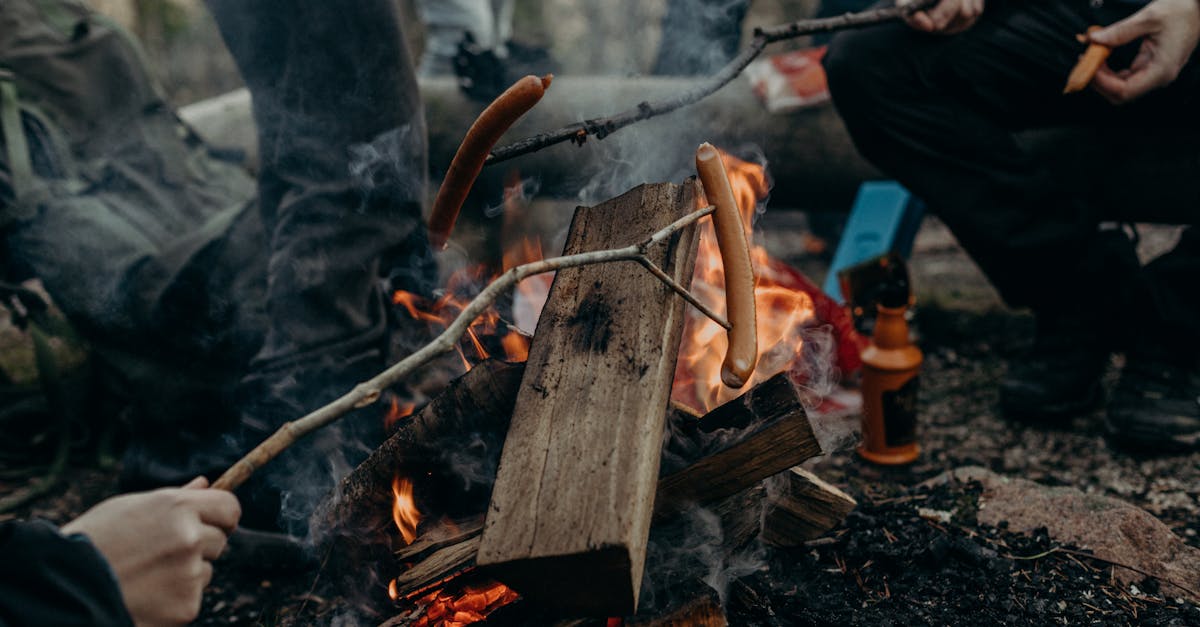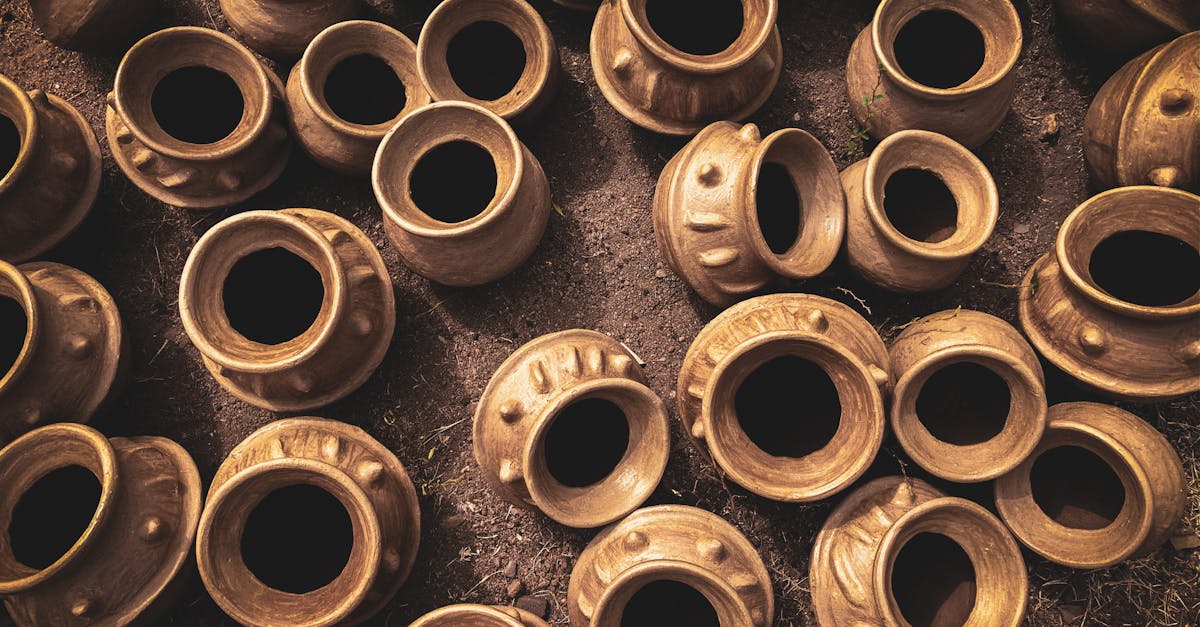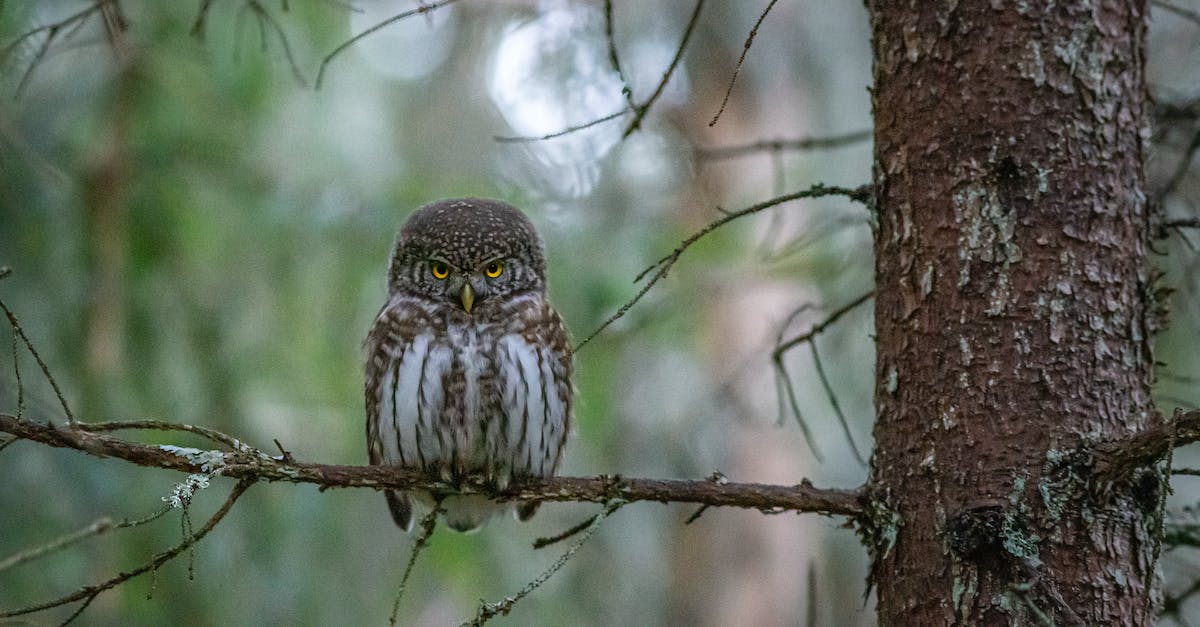Begin on a journey with us as we investigate into the enchanting world of guided nature walks for bird watching.
Our article is a gateway to discovering the beauty and serenity of birding through expertly guided excursions.
We’ll explore the allure of these walks, the diverse bird species you might encounter, and the invaluable insights shared by seasoned guides.
Join us as we unravel the secrets of this immersive experience that connects us with nature in a profound and meaningful way.
Get ready to spread your wings and soar into the captivating area of guided nature walks for bird watching.
Key Takeaways
- Guided nature walks for bird watching offer expert knowledge about bird species and enhance bird identification skills.
- These walks promote environmental awareness, provide a relaxing escape, and offer therapeutic benefits for mind and soul rejuvenation.
- Essential gear for a bird-watching excursion includes binoculars, a field guide, appropriate clothing, notebook and pen, and water/snacks.
- Tips for maximizing your bird-watching experience include arriving early, staying quiet, using binoculars, observing behavior, and exercising patience.
- Conservation and preservation are vital in bird watching to protect habitats, support ecosystems, and ensure the well-being of bird species.

Benefits of Guided Nature Walks for Bird Watching
Embarking on guided nature walks for bird watching offers expert knowledge. Our seasoned guides provide insightful information about various bird species, enriching our understanding of the avian world.
Guided walks enhance bird identification skills, helping us spot and recognize different species more easily. The interactive experience allows us to connect with nature on a deeper level, fostering a sense of appreciation for the environment around us.
Also, these walks promote environmental awareness as we learn about bird behaviors and habitats. They offer a relaxing escape from daily routines, providing an opportunity to unwind in the company of fellow nature enthusiasts.
Experiencing guided nature walks for bird watching is not just a hobby but a therapeutic journey, allowing us to rejuvenate our minds and souls during nature’s tranquility.
To learn more about the benefits of bird watching, visit National Audubon Society and Cornell Lab of Ornithology.
Essential Gear and Equipment for a Bird-Watching Excursion
When heading out on a bird-watching adventure, it’s crucial to have the right gear to make the most of your experience. Here are some essential items to consider for a successful excursion:
- Binoculars: A good pair of binoculars is essential for spotting birds from a distance. Look for ones with 8x to 10x magnification.
- Field Guide: Carry a field guide to help identify different bird species. It’s handy for quick references while on the move.
- Appropriate Clothing: Wear comfortable clothing and sturdy footwear for walking on varied terrains. Don’t forget a hat and sunglasses for sun protection.
- Notebook and Pen: Jot down observations, bird behaviors, or sketches in a notebook to enhance your bird-watching experience.
- Water and Snacks: Stay hydrated and energized during your walk with water and quick snacks.
Remember, having the right gear can elevate your bird-watching experience. For more tips and information on birding equipment, check out the National Audubon Society and Cornell Lab of Ornithology.

Tips for Maximizing Your Bird-Watching Experience
So, you’re ready for a guided nature walk to observe our feathered friends? Here are a few handy tips to make the most of your bird-watching adventure:
- Arrive Early: Birds are often most active during the early morning hours, so set your alarm and head out before the sun rises to catch them in action.
- Stay Quiet: Birds have sensitive hearing, so keep chatter to a minimum and move quietly to avoid scaring them away.
- Bring Binoculars: A good pair of binoculars can help you spot even the tiniest bird high up in the trees.
- Observe Behavior: Take note of how the birds are behaving – are they feeding, singing, or flying? This can provide valuable insights into their lives.
- Patience is Key: Sometimes, you may need to wait quietly in one spot for a while to see some rare species. Be patient, and you might be rewarded with a special sighting.
Importance of Conservation and Preservation in Bird Watching
When we begin on guided nature walks for bird watching, we immerse ourselves in the beauty of the outdoors. It’s crucial to remember, our presence can impact the delicate balance of nature.
Conservation and preservation play a vital role in protecting the habitats of birds. By supporting initiatives that safeguard these environments, we ensure that future generations can also enjoy the wonders of bird watching.
Birds are not only a joy to observe but also serve as indicators of the overall health of our ecosystems. By actively participating in conservation efforts, we contribute to the well-being of these fascinating creatures and the environment as a whole.
It’s our responsibility to engage in ethical bird watching practices and promote conservation awareness. Together, we can make a difference in preserving the natural habitats that these incredible creatures call home.
For more information on the importance of conservation in bird watching, visit National Audubon Society.


